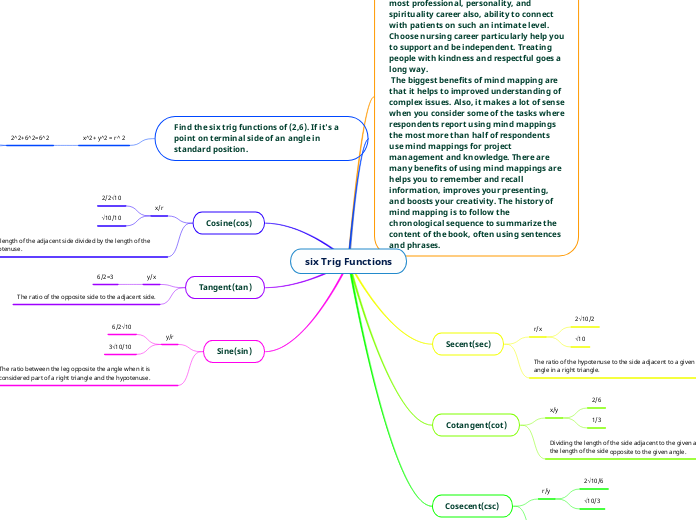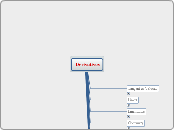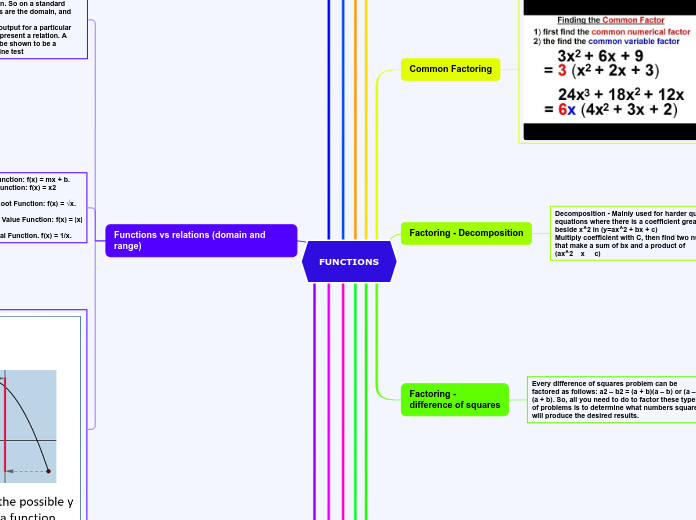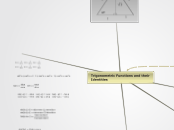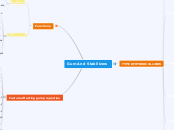realizată de Hina Chaudhari 3 ani în urmă
94
six Trig Functions
The excerpt discusses the six trigonometric functions, which include cosine, cosecant, cotangent, and secant, among others. Each function is defined in terms of the sides of a right triangle.
